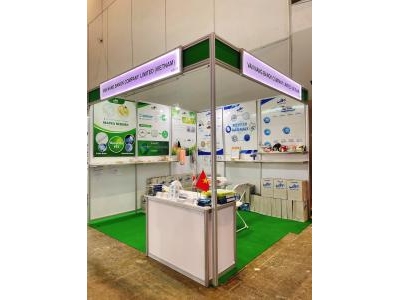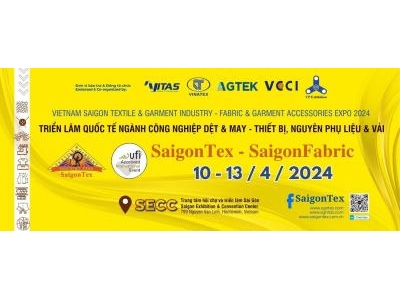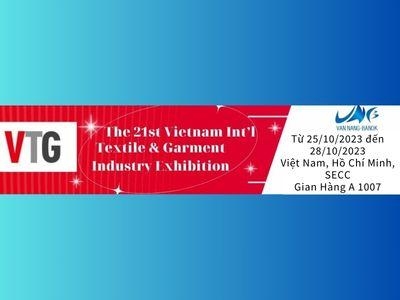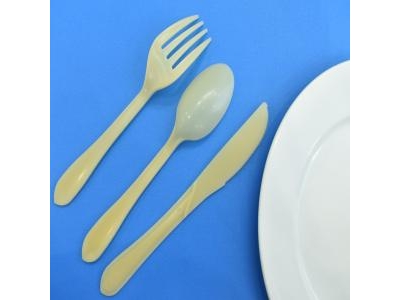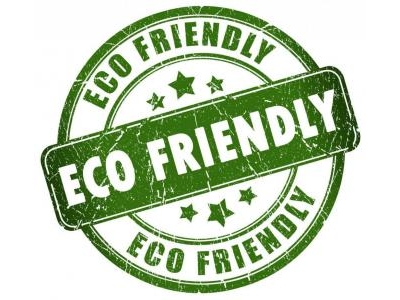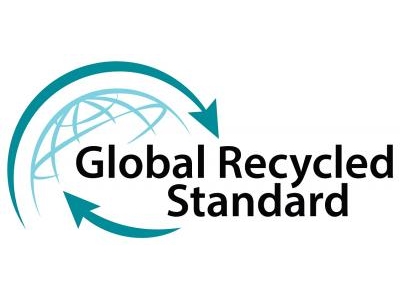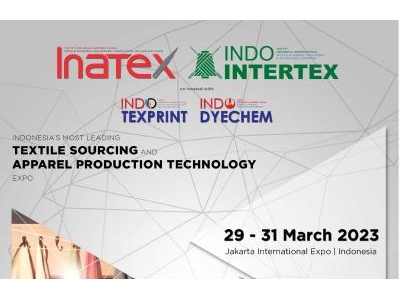- 2nd Floor, 1/15 & 1/17 Tran Binh Trong, Ward 5, Binh Thanh Dist. Ho Chi Minh City, Vietnam
Recycle PP - String Fasteners And Applications In Garment Industry

Polypropylene (PP) is a recyclable thermoplastic polymer which is widely used in various products. PP is stable and resistant to the differents chemical solvents, acids and bases. PP’s indentification code for resin is 5, and it is recyclable.
There is relatively strong global demand for PP products. Transparency Market Research has reported that the PP market is currently estimated at over $80 billion worldwide. According to the research agency, by 2023 it will be hitting $133.3 billion.
Importance of Polypropylene Recycling:
PP has a short life, so most of these thermoplastics land is to be discarded in landfill. According to the US Environmental Protection Agency, about twenty per cent of solid waste generated consists of some form of plastic which includes PP. It PP contained solid waste in landfills which deteriorated very slowly, around 20 to 30 years to be fully decomposed. This of course poses a serious threat to the community. Additives that are used in plastics may contain contaminants such as lead and cadmium. Plastic-containing cadmium has the ability to permeate and can affect certain bio-systems. When thermoplastics such as PP are burned it can emit contaminants and vinyl chloride. Polypropylene recycling is the best option available to handle this situation in an environmentally friendly and cost-effective manner.
The Environmental Benefits of Recycling PP:
Once PP is recycled, the consumption of raw, finite resources, such as oil and propane gas, is decreased. About 8% of the worldwide oil used (about 400 million tons) is used in conventional plastic production methods with 4% being ‘ feedstock ‘ and another 4% being used in manufacture. Energy usage is also decreased by 88 per cent when plastic is made from plastic. Plastic is environmentally friendly through waste recycling.
Because of its inherent versatility, PP can be recycled back into many items including:
● Fibers for clothing, industrial.
● Garden rakes, storage bins, shipping pallets, sheeting, trays.
● Automobile applications, such as battery cases, signal lights, battery cables, brooms and brushes, ice scrapers, oil funnels, and bicycle racks.
● Speed humps.
Approximately 30 percent of polypropylene is recycled from major industries, but a large proportion is still poured into landfill. At present, recycling PP is not as economically viable as recycling other polymers, especially HDPE, LDPE and PET. It’s hoped that with advancements in recycling technologies, this will change in the near future.
PRODUCTS MADE OF RECYCLE PP (GRS YARN) AT VAN NANG LIMITED COMPANY
.jpg)

Advantages:
● This is a special product related to the trend of environmental protection in the world.
● Soft thread gives customers a feeling of high quality products.
● The head part is compact and beautiful, the suspension cord can highlight the product effectively.
● After the lock operation, the hanging string forms a closed circle, not exposing the piercing end, avoiding scratching the product.
● This type of product only uses the residual plastic source in the production process of plastic products at the factory, can not be produced from the used wire, unlimited to use time.
MADE IN VIET NAM FOLLOWING JAPANESE STANDARD
Source from: https://blueskyrecycling.com/vi/news/tai-che-nhua-pp/
Related posts
EXCELLENT DELIVERY TIME - ENSURED QUALITY - EXACT QUANTITYCopyright © 2020 Copyright by VAN NANG BANOK COMPANY LTD | Thiết kế và phát triển bởi P.A Việt Nam
